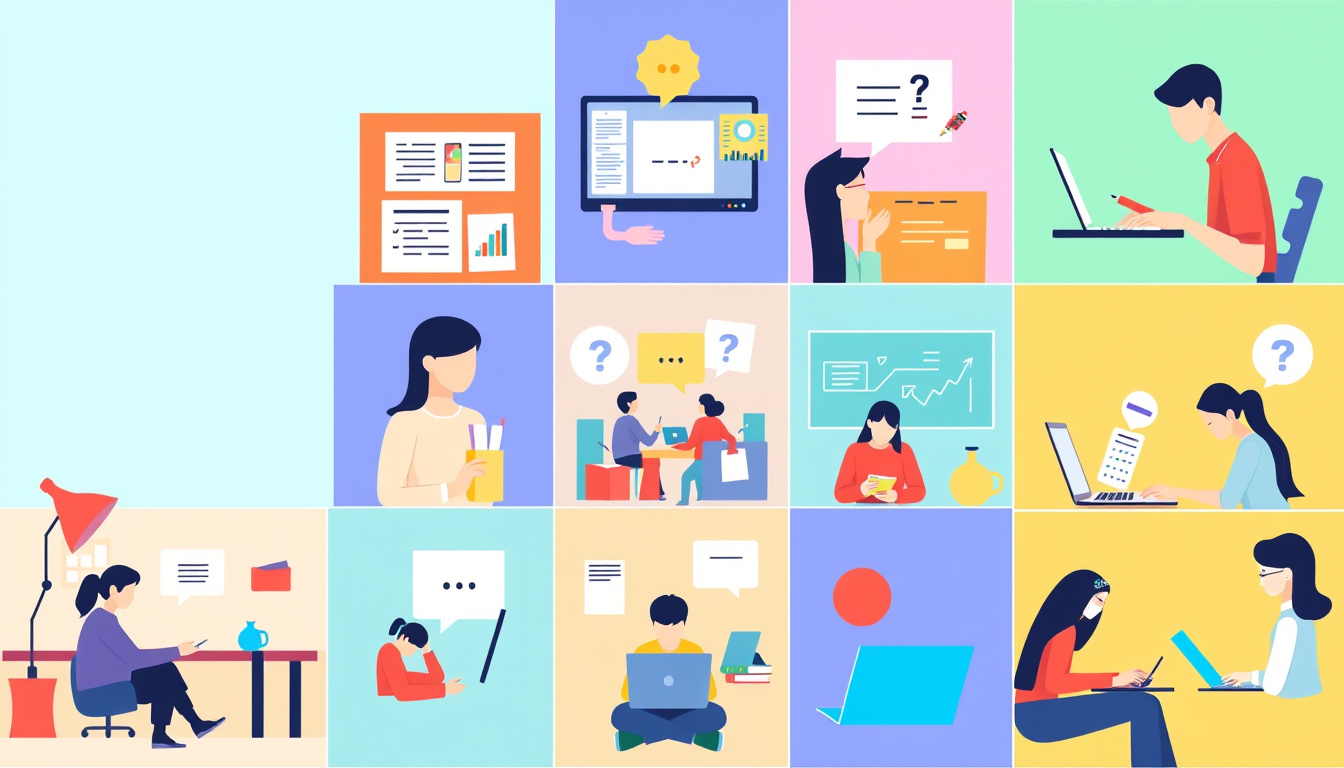Unlocking Knowledge: The Ultimate Guide to Top Educational Resources for Lifelong Learners
Unlocking Knowledge: The Ultimate Guide to Top Learning Tools for Lifelong Learners
In our busy world, learning does not end with school. People keep learning every day. Technology grows and new facts come fast. Tools for study now meet many needs. This guide shows some of the best learning tools to improve your study path.
What Are Educational Resources?
Learning tools are items that help you gain new skills. They include books, online classes, websites, and games. They also cover tasks that can be shared in a community. These items help you learn, grow your skills, and sharpen your mind.
Categories of Educational Resources

1. Online Learning Platforms
Online sites let you study well. Sites like Khan Academy, Coursera, and edX give free or low-cost classes on many topics, such as math or ideas about life.
- Khan Academy gives a personal study plan with videos and practice tasks.
- Coursera works with schools and groups. It gives courses that may lead to a certificate or degree.
- edX gives courses from top schools like MIT and Harvard. Study is free, or you pay for a certificate.
2. Interactive Educational Tools
Hands-on tasks help you learn by doing. A site like Education.com gives many worksheets, games, and tasks.
- Printable Worksheets work in class or at home. They cover math, language, and more.
- Educational Games use play to repeat key ideas.
- Guided Lessons give clear steps for teachers and parents.
3. Community and Parental Resources
Local schools and groups help families with learning support. The Kyrene School District gives help for both parents and students.
- Family Resources give hints and tools for home study.
- Educational Workshops hold events where parents join school life.
4. Professional Development and Continuing Education
Adults can grow their skills with special classes. A site such as Education Resources Inc. (ERI) gives work-related courses.
- Webinars and Live Courses give live task sessions in fields like therapy, teaching, or healthcare.
- On-Demand Lessons give flexible study that fits your own pace.
5. Collaborative and Open Educational Resources (OER)
Many free tools come from sharing work among teachers and students. A site like OER Commons lets users share study material.
- Open Textbooks are free books that cover full topics.
- Collaborative Tools let learners add ideas to the work and grow by doing.
How to Choose the Right Educational Resources
Pick a tool by thinking of your goal.
• What do you want to learn? This idea helps guide your choice.
• Choose tools that bring quizzes, talks, or hands-on tasks if you like to join in.
• Check that a tool is simple to use and fits many ways of learning.
• Make sure the tool stays updated and matches current school ideas.
Conclusion
Many learning tools now exist for everyone. You can study online, use hands-on tasks, or join work-related classes. The right tool can grow your skills and knowledge. Enjoy the path of lifelong learning and use these tools to grow each day.
